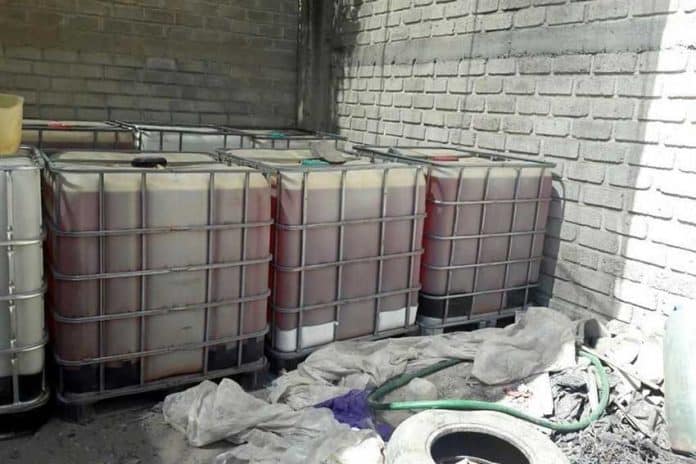The state of Puebla recorded more illegal taps on its fuel pipelines than any other state in the first four months of 2018, while its homicide rate has also spiked sharply this year compared to 2017.
Authorities detected 801 unlawful perforations of Pemex-owned ducts in Puebla between January and April, 32% more than Hidalgo, where 606 were found.
Guanajuato recorded the third highest number of taps with 563 followed by Veracruz with 551; Jalisco with 481; Tamaulipas with 462; and México state with 418.
The increase in petroleum theft has been accompanied by more frequent clashes between gangs of fuel thieves known as huachicoleros — and security authorities — both of which have contributed to the escalating murder rate.
There were 464 homicide investigations in Puebla between January and May, a 41% increase over the number of cases reported in the same period of 2017.
The 104 intentional homicides reported in April makes that month the most violent the state has experienced since the National Public Security System started keeping comparable statistics in 1997.
Among the killings related to petroleum theft were the June 15 murders of six municipal police officers in the community of San Salvador Chachapa — located about 20 kilometers east of the state capital — by armed civilians suspected to be huachicoleros.
There has also been an increase in fuel-theft related homicides in the northern sierra region of Puebla that borders Veracruz where, according to army sources, huachicoleros from the latter state control the illicit activity.
A 304-kilometer-long pipeline that transports gasoline, diesel and other fuels between Tuxpan, Veracruz, and the Pemex refinery at Tula, Hidalgo, runs through the sierra region.
The state oil company increased its spending on security by 42% in the first three months of the year and has continued to implement a joint strategy with the federal Attorney General’s office, military forces, state authorities and the Federal Tax Administration to combat petroleum theft.
But despite the efforts, the prevalence of the crime has not dropped.
Pemex CEO Carlos Treviño said in April that fuel theft costs the company 30 billion pesos (almost US $1.6 billion) a year and some of Mexico’s notorious drug cartels have reportedly moved into the lucrative market.
Source: Reforma (sp)
